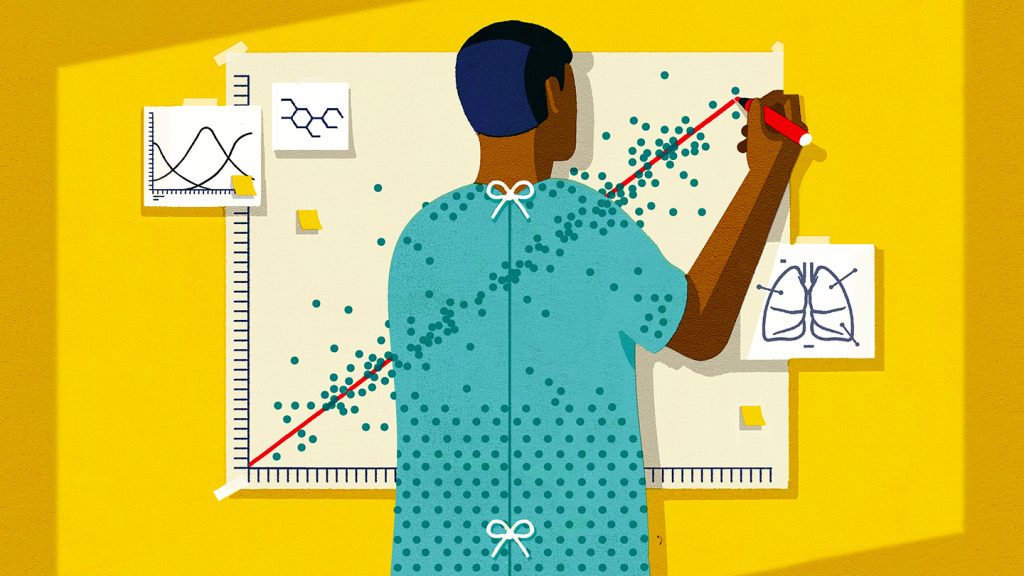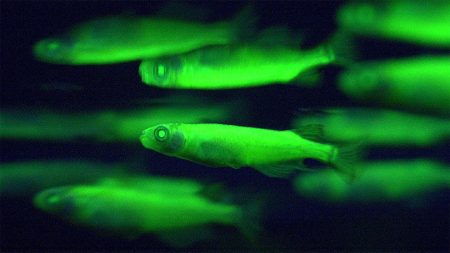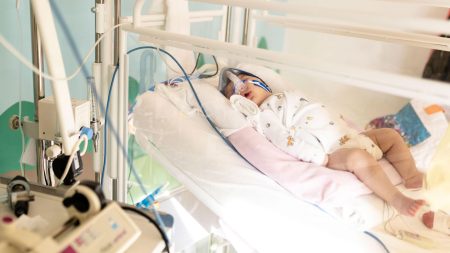A 50-year-old surgeon in Asheville, N.C., Melissa Red Hoffman, struggled with long COVID for two and a half years, experiencing debilitating fatigue as a symptom. Despite consulting with providers and trying various treatments, she felt stuck and unsure of what to do next. She eventually joined Remission Biome, a patient-led research project started in early 2023 to explore changes in the gut microbiome to improve the health of individuals with ME/CFS or long COVID. Hoffman was one of 50 participants in the Renegade 50 cohort who underwent a multistep process involving the collection of samples, taking supplements and antibiotics, and tracking symptoms to analyze changes in the gut microbiome.
The Remission Biome project was initiated by Tamara Romanuk and Tess Falor, two individuals with ME/CFS, who sought to determine how changes in gut bacteria could impact health. Following successful initial testing with three participants, the project expanded to recruit 50 individuals with ME/CFS, long COVID, or both. Through a protocol involving analysis of samples, supplement intake, and testing, participants aimed to alleviate symptoms, publish study findings, and contribute valuable data to the scientific community. This initiative is part of the growing movement of patient-led research focused on addressing under-researched chronic conditions impacting many people’s lives.
Patient-led research gives voice to individuals with complex and contested illnesses, like ME/CFS and long COVID, who have historically been overlooked by traditional research institutions. By actively engaging in research projects, patients can provide valuable insights, ask pertinent questions, and drive studies that address their immediate health concerns. This approach often leads to faster, more informed research outcomes that directly impact patients’ lives. Patient-led groups like the Remission Biome project are vital in filling the gaps left by mainstream research to advance understanding and treatment options for chronic illnesses.
Challenges faced by patient-led research initiatives include limited institutional and financial support, as well as the perception of underqualification or bias from some in the scientific community. Patients involved in research projects often juggle managing their symptoms with participating, leading to limited energy and potential setbacks. Despite these challenges, patient-led studies offer unique perspectives, highlight critical research questions, and facilitate meaningful engagement between patients, scientists, and clinicians. Efforts are being made to incorporate patient-led research data into mainstream scientific processes and improve collaboration between patients and researchers.
The Renegade 50 cohort of Remission Biome participants hopes to contribute to solutions for the ME/CFS community and improve the lives of individuals struggling with chronic illnesses. While the results of the 50-person test may not lead to publishable data, the lessons learned from the project can inform future research directions. Patient-led projects like Remission Biome provide a platform for individuals to collaborate, share data, and work towards finding answers for complex diseases like ME/CFS and long COVID. These initiatives showcase the power of patient-led research in driving innovation, raising awareness, and advocating for improved care and treatment options for individuals worldwide.















